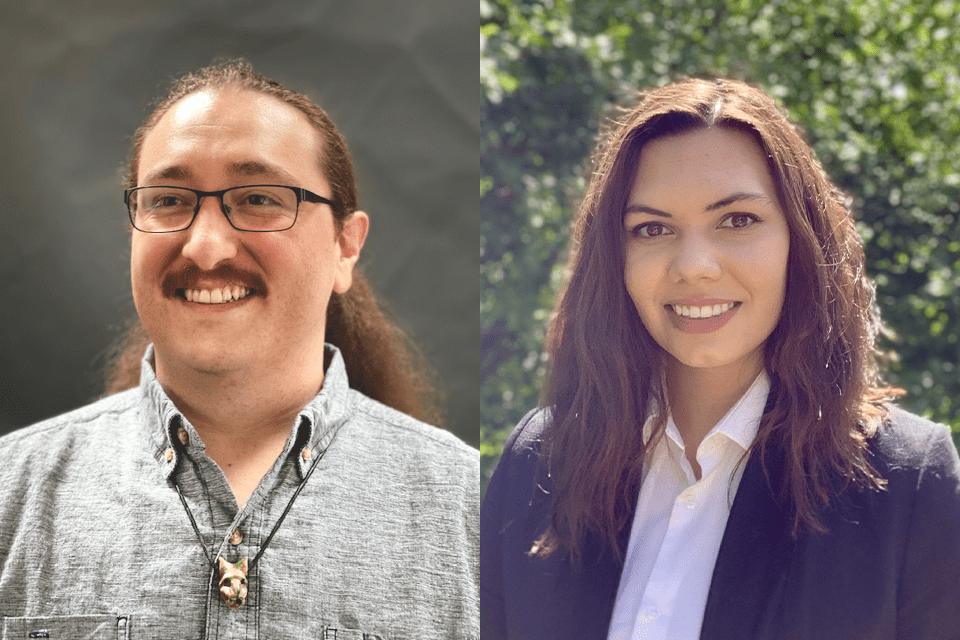Colorado health advocates presented to the Joint Budget Committee on glitch-plagued Public Health Emergency Unwind.
Recent articles
2024 Legislative session: addressing economic challenges at the individual and state level
Addressing economic challenges at the individual and state level after the 2024 Colorado legislative session.
CCLP’s 2024 legislative wrap-up, part 2
CCLP's 2024 legislative wrap-up focused on expanding access to justice, removing administrative burden, supporting progressive tax and wage policies, preserving affordable communities, and reducing health care costs. Part 2/2.
CCLP’s 2024 legislative wrap-up, part 1
CCLP's 2024 legislative wrap-up focused on expanding access to justice, removing administrative burden, supporting progressive tax and wage policies, preserving affordable communities, and reducing health care costs.
Introducing our new summer legal interns

We are happy to introduce our summer 2021 legal interns, Emiliano Salazar and Tessa Stackow!
Emiliano Salazar is a rising 2L at the University of Colorado Law School. After graduating from the University of Massachusetts at Amherst in 2012 with degrees in Computational Mathematics and Legal Studies, he spent the next 8 years in the software industry working for the natural language processing company Lexalytics. Though he had a successful career at Lexalytics, he decided to return to law school to pursue a career in civil rights. Having worked with and learned from Indigenous groups in the United States, Canada, Mexico, and Colombia, he seeks to incorporate the lessons he has learned into his new career and honor those who imparted such knowledge. Born in Denver, the son of a Chicano activist, Emiliano hopes to continue the work of the generation before him to improve the material conditions of the generations after him.
Tessa Stackow is also a rising 2L at the University of Denver Sturm College of Law. Prior to attending law school, she worked in a variety of social service settings in the areas of youth development and homelessness services, where she developed a passion for legal advocacy; most recently, she worked as an Emergency Case Manager for clients experiencing homelessness during the COVID-19 pandemic. Tessa is humbled to be a part of the Denver Law community, where she is a Chancellors Scholar and upcoming member of the Jessup International Moot Court team. She remains passionate about poverty law and social justice, particularly as it relates to the rights of homeless and otherwise marginalized communities.
We are excited to have them join CCLP this summer!

